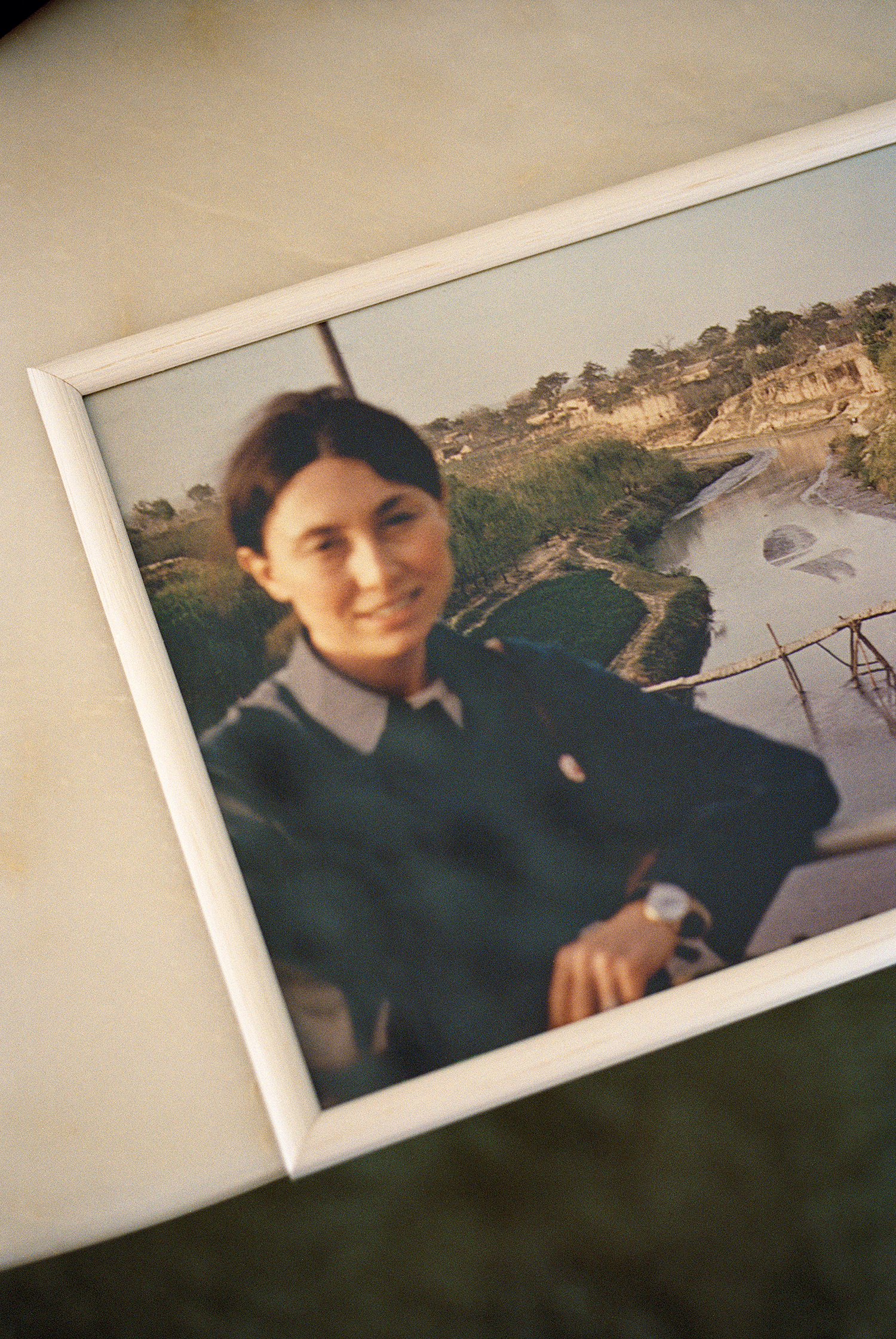Purple Magazine
— F/W 2013 issue 20
Julia Kristeva
 Julia Kristeva
Julia Kristeva
interview by DONATIEN GRAU
portrait by GIASCO BERTOLI
Julia Kristeva is a living legend. She’s been fully — as well as discreetly — involved in the French intellectual scene and is one of the key thinkers in structuralism. She introduced the work of Mikhail Bakhtin in French, worked with Emile Benveniste on linguistics and with Roland Barthes on semiology, and figured in all of the theorical debates of the past 50 years. With her husband, Philippe Sollers, she critically reassessed the role of Maoism in French philosophy. A writer and brillant psychoanalyst, Kristeva’s influence on aesthetics and feminist discourse reaches across the world. In her most recent publication, “Pulsion du temps” (Urges of Time), she rethinks one of our world’s most crucial issues: its relation to time.
DONATIEN GRAU — You’ve just published a book in which you return to the question…